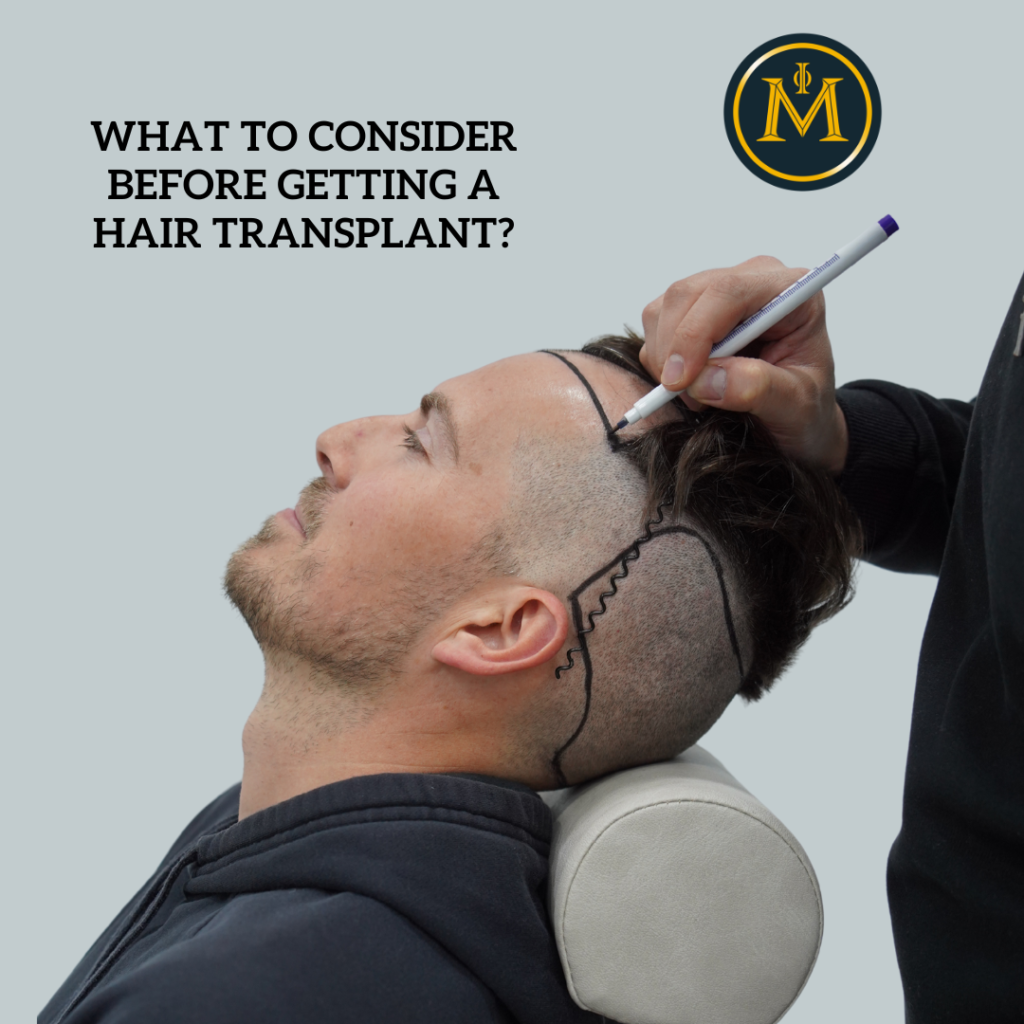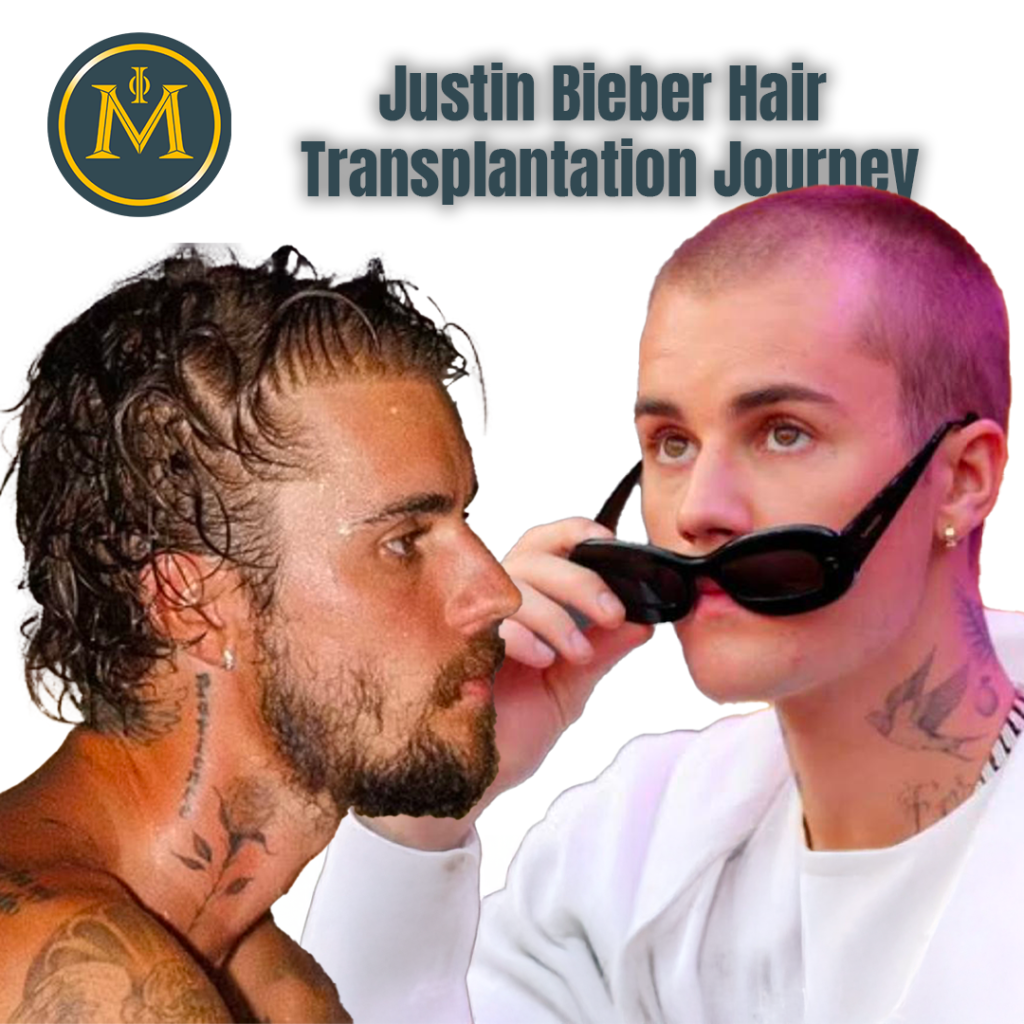Medical of Istanbul
Understanding Hair Transplantation: An Overview for Diabetic Patients
Hair transplantation is a surgical procedure aimed at restoring hair growth in areas affected by baldness or thinning. For diabetic patients, understanding the intricacies of this process is crucial to make informed decisions. Unlike non-diabetic individuals, those with diabetes need to consider how their condition might influence both the surgery and its outcomes. Diabetes can affect wound healing, susceptibility to infection, and overall recovery time, all of which are vital aspects of hair transplantation. However, with careful planning, consultation with healthcare providers, and stringent blood sugar management, diabetic patients can still achieve successful hair transplant results. By selecting experienced surgeons familiar with the unique needs of diabetic patients, and adhering to personalized pre- and post-operative care plans, these individuals can enjoy the benefits of restored hair and enhanced confidence.















